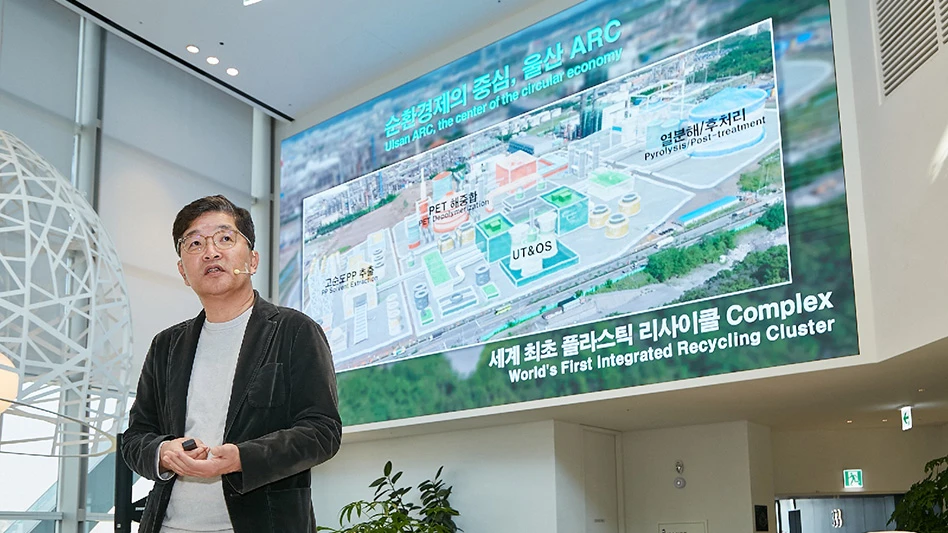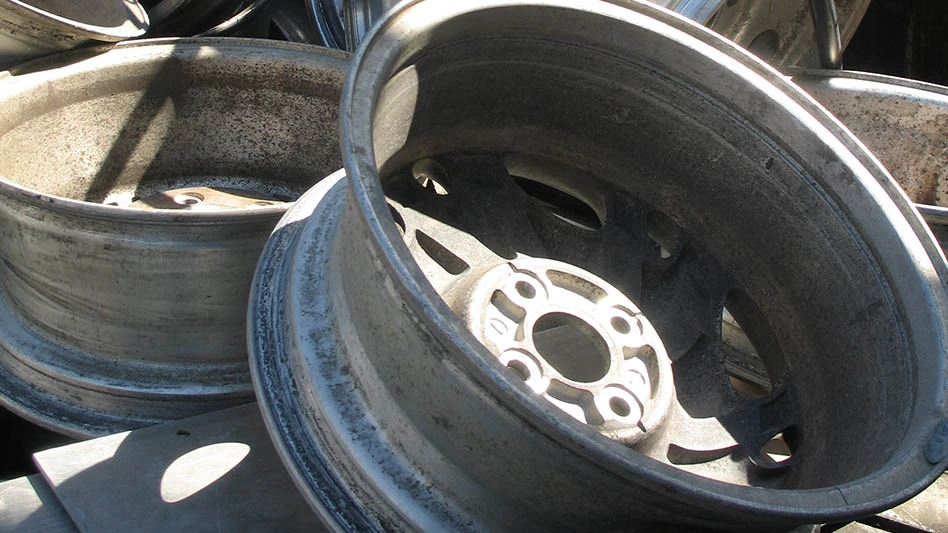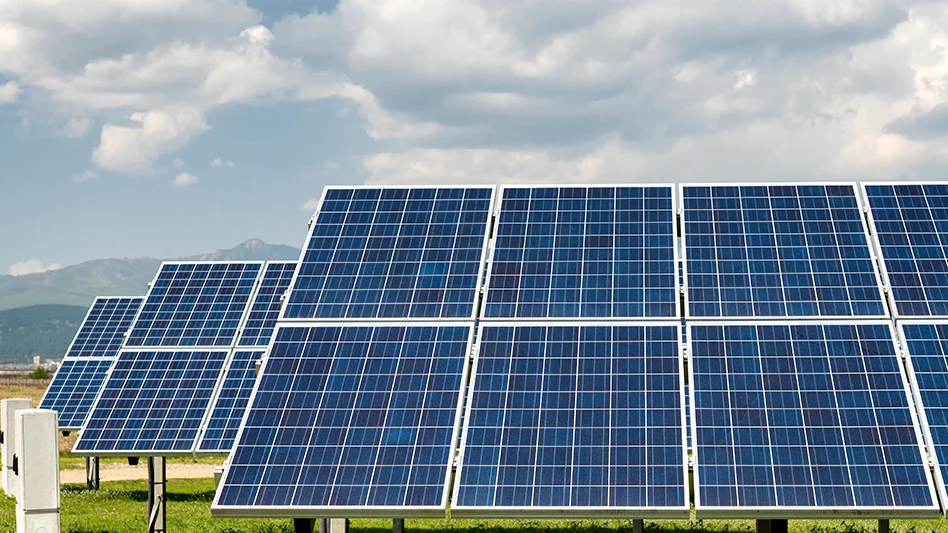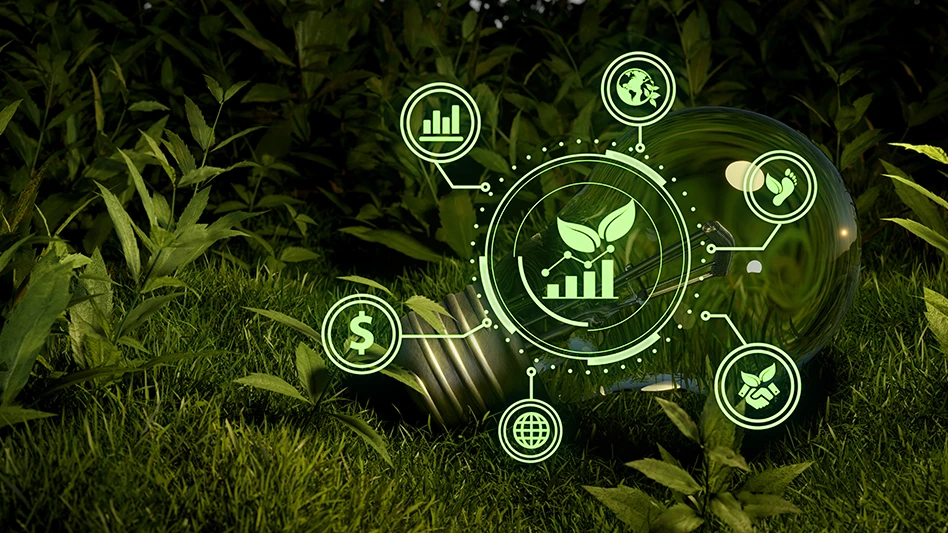
Photo courtesy of SK Geo Centric and Finn Partners
South Korean conglomerate SK Geo Centric has started construction on “a massive [plastic] recycling complex” in Ulsan, South Korea, designed to help move that nation’s plastics sector toward a circular economy.
The firm says the planned Ulsan Advanced Recycling Cluster (ARC) is “the world’s first [scrap] plastic recycling complex of its kind.” The company could invest as much as $1.4 billion in a campus that will be 215,000 square meters (2.3 million square feet) in size.
Ulsan ARC, which is scheduled for completion by the end of 2025, will apply three chemical, or advanced, recycling technologies in one site, says SK Geo Centric. The firm is partnering with United States-based PureCycle Technologies, Canada-based Loop Industries and United Kingdom-based Plastic Energy on the technology front.
SK Geo Centric (SKGC) is a subsidiary of energy company SK Innovation and part of SK Group, which the firm bills as South Korea’s second-largest conglomerate. SKGC’s expansion into recycling is part of SK Group’s broader effort across all of its companies to reduce its impact on the environment and help address global climate change.
SKGC says once the Ulsan ARC starts operating, 320,000 metric tons of plastic scrap can be turned into new resources annually. “In terms of scale, the mass of the plastic in the Great Pacific Garbage Patch was estimated to be approximately 80,000 metric tons, and that amount [can] be processed in three months through ARC facilities,” the company says.
SKGC says it intentionally decided that Ulsan ARC will implement three different chemical recycling technologies at the site: pyrolysis, high purity polypropylene (PP) extraction and depolymerization.
“We will lead the renaissance of Korea’s petrochemical industry via the Ulsan ARC, which has core technology for plastic recycling,” says Kyung-soo Na, CEO of SKGC. “We will apply the latest technologies to reinvent plastics, make waste plastic a new resource and work to revitalize the petrochemical business.”
The complex is intended to help create a circular economy, with SKGC calling it a system that continues to circulate and use plastic resources beyond the existing model of discarding plastic products.
“The site will be able to create raw plastic materials from a wide range of discarded plastics, such as take-out containers, bottles, automotive parts and certain plastic-based textiles. It will even be able to turn some plastics, such as vinyl and other composite plastics, into chemical materials that can be used as a substitute for crude oil," the company says.
"Through the establishment of the Ulsan ARC, I think Asia, including Korea, can lead the world. Chemical recycling is very crucial to recycle plastic waste that is currently landfilled and incinerated," Plastic Energy CEO Carlos Monreal adds.
Plastic Energy’s chemical recycling technology is among the most established in the world, with the firm operating recycling plants in Spain since 2016. Plastic Energy also works in tandem with global petrochemical partners, including TotalEnergies, ExxonMobil and SABIC.
“The inclusion of PureCycle’s game-changing recycling process in the cluster will mean an expanded amount of plastics can be kept out of landfills and incinerators here in South Korea,” PureCycle Technologies CEO Dustin Olson says.
PureCycle, which focuses on PP recycling, also has several projects underway throughout the world, including plants operating or under construction in Ohio and Georgia in the U.S.
“After perfecting our breakthrough depolymerization technology to produce virgin-quality polyethylene terephthalate [PET] plastic and polyester fiber made from 100 percent recycled material, and demonstrating our ability to successfully scale up our technology at our production facility in Quebec, we are now transitioning to the next stage of our strategic development with the first Infinite Loop manufacturing facility in Ulsan, South Korea,” Loop Industries CEO Daniel Solomita says.
“The ability to create a closed-loop recycling system for apparel companies using the Infinite Loop technology will play a significant role in our Asian joint venture with SKGC as we work to reinvent the supply chain for textile manufacturing in Asia.”
Latest from Recycling Today
- RMDAS April figures show recycled steel price setback
- Steer World offers PEX plastic recycling machine
- New recycling grant program launches in Massachusetts
- Tire Recycling Foundation names executive director
- Dock 7 named 2025 Exporter of the Year at New Jersey International Trade Awards
- Waste Connections reports ‘better than expected’ Q1 results
- Commentary: How EPR is transforming the packaging industry
- Acerinox names new North American Stainless CEO





